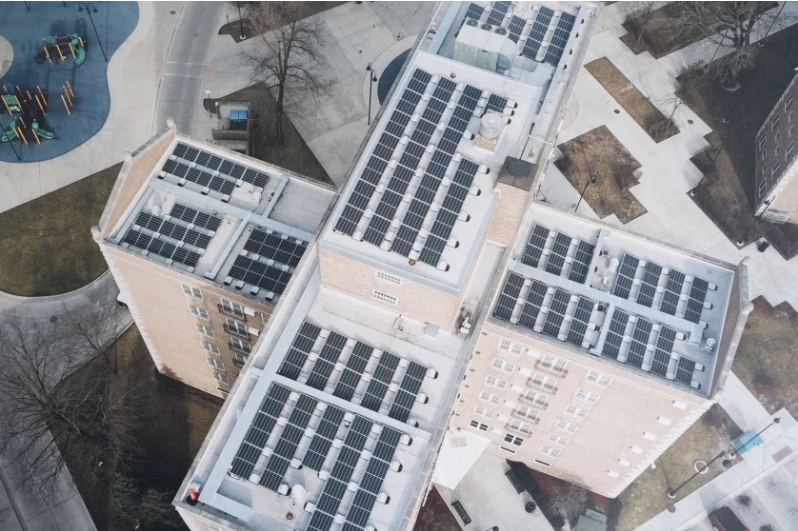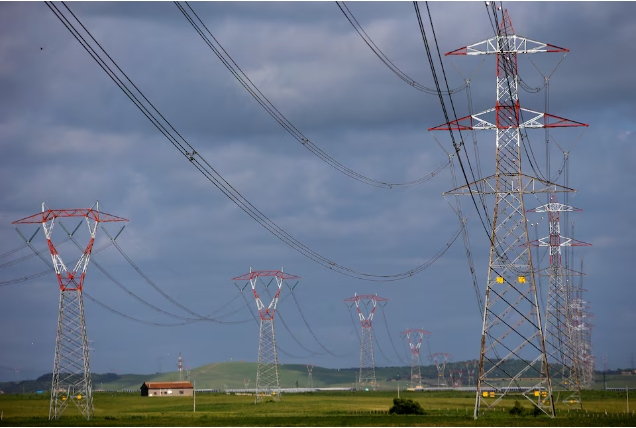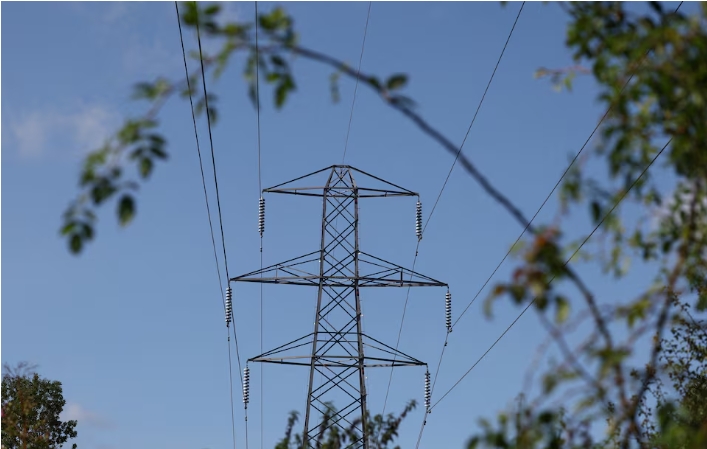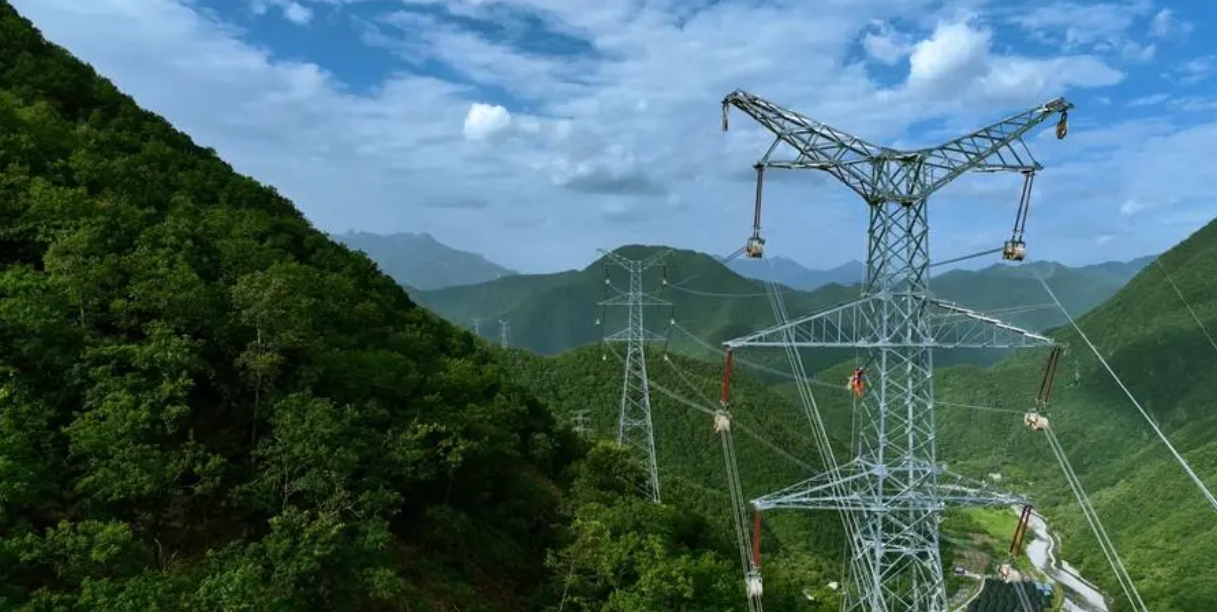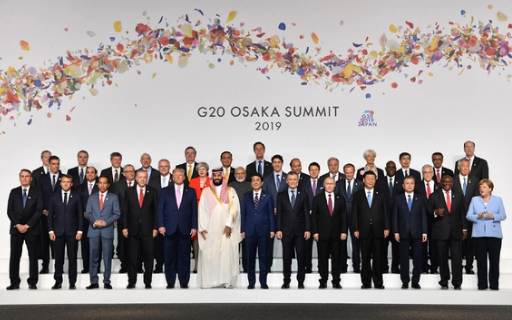 EU secures qualified success at G20 Summit, as final communique reiterates G19's commitment to the Paris Agreement.
EU secures qualified success at G20 Summit, as final communique reiterates G19's commitment to the Paris Agreement.
Just days before leaving office, UK Prime Minister Theresa May has delivered arguably her clearest rallying cry to date, calling on world leaders at this weekend's G20 Summit in Osaka to urgently accelerate decarbonisation efforts.
Speaking ahead of a session on the world's response to the climate crisis, May urged leaders to recognise the huge responsibility they face in guiding the global economy's response to escalating climate risks.
"The facts, which are clear, should guide us: we are running out of time to act," she said. "We need a five-fold increase on existing 2030 commitments to remain below 1.5 degrees of warming.
"In addition to stronger national commitments, we need determined implementation, and a change in how we invest. And we need to build resilience, both in our own societies and economies, and in the most vulnerable countries. We can only tackle this crisis, and fully reap the benefits of the transition, if we act together. So I urge everyone here to push for ambition and consider setting their own net zero targets."
The UK used the Summit to highlight its recently adopted legal net zero target - the first of any major economy - and promote its joint bid with Italy to host next year's crucial COP26 climate summit, which is widely tipped to take place in London.
"These next few years are critical," May said. "This is why tackling this crisis has become such a high priority for the UK. And it is why we have offered to preside over COP26, in partnership with Italy. As the first real test of our collective commitment at Paris to continually scale-up our emission reduction efforts over time, COP26 will be a critical moment. We will need to see both a significant ramping up in our existing medium term targets at the country level, and credible plans for what we are doing now to meet existing targets."
She reiterated calls for all governments to prepare more ambitious climate action plans ahead of the next year's Summit. "Our citizens - and our youth in particular, whose lives will be shaped immeasurably by climate change - demand action," she said. "We will be judged by history on how we act in the next few years."
May also revealed a new policy pledge, insisting that from now on all UK aid spend will support the transition to lower greenhouse gas emissions. The government said the move makes the UK the first major economy to combine a legally binding 0.7 per cent aid target with a commitment to align support for developing countries with the Paris Agreement.
The government has faced fierce criticism for continuing to provide favourable financing for carbon intensive projects in developing countries. However, while it remains unclear whether the new pledge will extend to export financing mechanisms that have provided much of the support for controversial projects, the government insisted that from now on "every penny we spend on support for developing countries… will be compatible with our shared climate change goals".
"For example, when building roads or developing energy infrastructure, we will consider the greenest way to do this and use the best materials and design to manage the impacts of climate change that people are already feeling," Number 10 said, adding that the UK would work with leading development financing institutions such as the Multilateral Development Banks to support the Paris Agreement.
The pledge came as the EU, China, Canada, and the UN secured a qualified victory at the Osaka Summit, after successfully pushing back against US efforts to exclude mention of the Paris Agreement from the G20 Communique that closed the summit.
An early draft of the text had only mentioned climate action in passing, fuelling fears the US had successfully lobbied host country Japan to axe previous commitments to support the Paris Agreement and phase out fossil fuel subsidies.
However, the final text reaffirmed the commitment of all countries, bar the US, to delivering on the Paris Agreement. Repeating the diplomatic compromise secured at last year's G20 Summit, the US insisted on a separate paragraph reiterating its decision to quit the accord, while the remaining G19 stressed that the agreement was irreversible and pledged to strengthen their national climate action plans, known as NDCs in the UN jargon.
"By 2020 we aim to communicate, update or maintain our NDCs, taking into account that further global efforts are needed," the text stated.
The final communique also re-inserted the G20's long-standing "joint commitment on medium term rationalization and phasing-out of Inefficient Fossil Fuel Subsidies that encourage wasteful consumption, while providing targeted support for the poorest".
However, throughout the meeting the divisions over climate policy were further underlined as the US continued its efforts to lobby petro-states to dilute their backing for the accord, while the UN, China, and France publicly underscored their support for delivering new climate action plans in 2020. Meanwhile, Chile, Germany, France, UK, Netherlands, and Spain all stressed their support for delivering net zero emission economies by mid-century at the latest.
The Summit came as UN Secretary General Antonio Guterres continued to lay the groundwork for the UN's next major climate summit in New York in September at a preparatory meeting in the UAE. Reiterating his call for governments to bring concrete new decarbonisation plans to the meeting, he warned that "the world is facing a grave climate emergency".
"Climate disruption is happening now, and it is happening to all of us," he said. "It is progressing even faster than the world's top scientists have predicted. It is outpacing our efforts to address it. Climate change is running faster than what we are."
